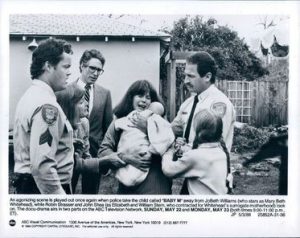 Co-parenting children when parents are separated or divorced can be challenging in normal circumstances. One would agree, however, that times are not normal. The country is in the midst of a pandemic due to the COVID-19 virus. Governor Murphy has closed schools and many business, and he has directed that we engage in “social distancing” and stay at home for the indefinite future.
Co-parenting children when parents are separated or divorced can be challenging in normal circumstances. One would agree, however, that times are not normal. The country is in the midst of a pandemic due to the COVID-19 virus. Governor Murphy has closed schools and many business, and he has directed that we engage in “social distancing” and stay at home for the indefinite future.
Families all over the State are concerned about their children’s health and well-being, not to mention family finances due to the number of people who have lost jobs, been furloughed or suffered from cuts in pay or hours. Existing arrangements for custody and parenting time were designed for normal circumstances, not necessarily for unprecedented times such as these.
Questions may arise as to how separated parents address custody, parenting time and child support issues. To what extent do existing orders have to be followed? Generally, many existing agreements or orders for parenting time can and should be followed. However, can a parent withhold or refuse parenting time? What happens if a parent or child is exposed to the coronavirus or is at heightened risk of exposure? What if a parent, child or family member begins to exhibit symptoms? How should parents accommodate a household that has an elderly family member or a family member with a health condition which makes COVID-19 particularly deadly? What if one of the parents lives out of state and the child has to travel some extended distance? What if the households do not have the same social distancing practices? Can both parents’ homes accommodate educating the children while school is closed? Should parenting time be modified to reflect that both parents are home more either due to having lost their jobs or they are working from home?
 New Jersey Divorce and Family Lawyer Blog
New Jersey Divorce and Family Lawyer Blog









